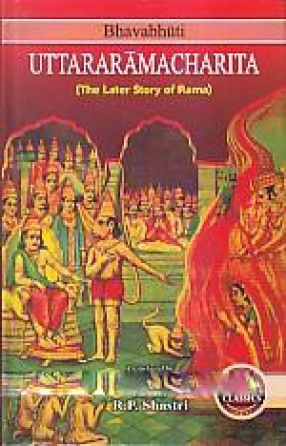
Showing all 9 books
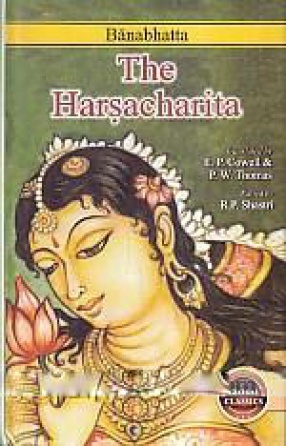
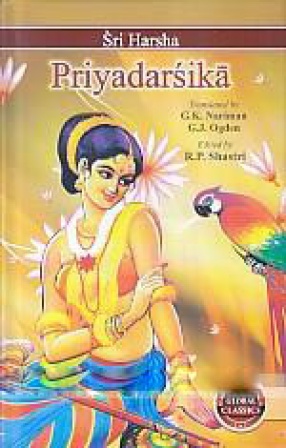
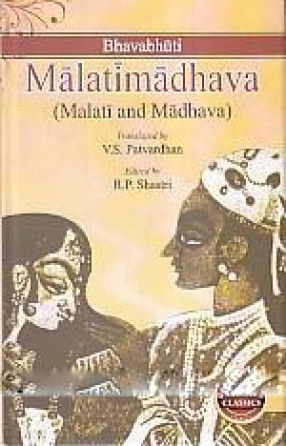
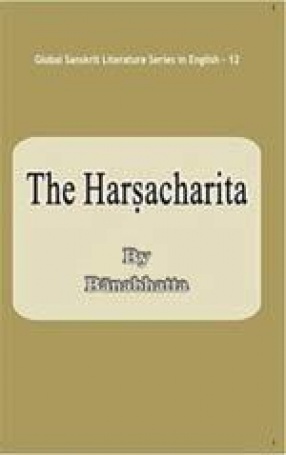
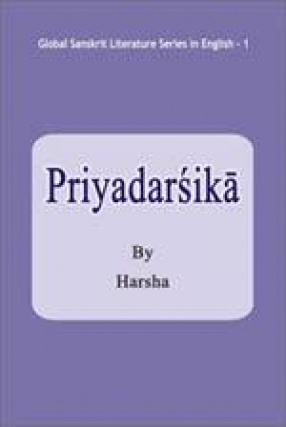





The Harshacharita is a monumental historical romantic fiction in ‘akhyayika’ form written by Banabatta in eight chapters. The story in the Harshacharita is not a full biography but covers the reign of Harsha upto the recovery of his lost elder sister Rajyashri, and the royal and military activities of some years. Though some persons, happenings, events and places described here are verified by history, it must be remembered that Bana is not writing this ...
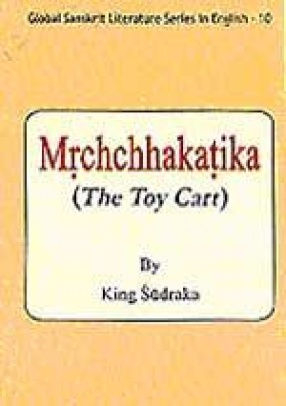
Mrchchhakatika is one of the best dramas in ten acts composed by Sudraka. He bypasses many conventional rules of dramaturgy and shows such unusual sense as the nocturnal pursuit of a girl by lustful men, street-fights of gamblers, open quarrel and abuse between king’s guards and between the king’s guards and between the contestants in a court of law, house-breaking and theft, sleep scene, murder and parade of the accused through city street, and a scene of ...

Priyadarsika, one of the best plays in Sanskrit literature, is composed in four acts during 7th century A.D. by Harsha. The theme of this drama has been taken from Gunadhya’s Brihatkatha (1st century A.D.). He adopts the theme of love intrigue on the same line as his great predecessor had done and embellishes it further by harmonizing the parts of the plot. The action of the drama moves smoothly and there is noticeable ingenuity. The theme of the play is a love ...
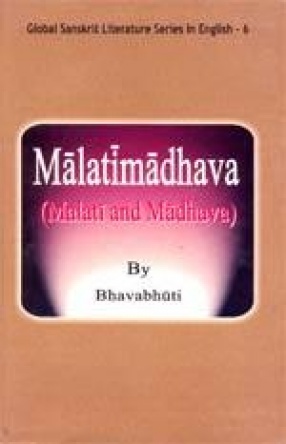
Malatimadhava, a romantic social play in ten acts, is composed by Bhavabhuti. The theme of the play is original and deals with the ordinary people of the society; though some of the incidents described here find a parallel in the story of Madiravali in the Kathasaritsagara based on Gunadhya’s Brihatkatha. The plot centers round the love stories of Malati, daughter of the minister Bhurivasu and Madhava, son of another minister Devarata, and of Makaranda and ...
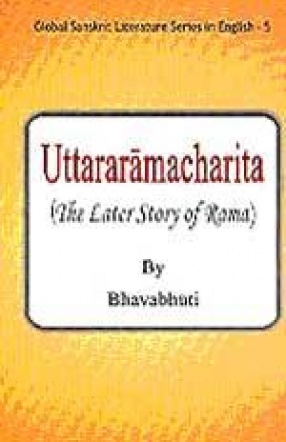
Uttararamacharita by Bhavabhuti (7th Century) deals with the history of Rama’s later life, beginning with his coronation, the abandonment of Sita, and their final reunion. Bhavabhuti says he has only given a dramatic form to the Ramayanakatha of Valmiki. It is true that the main characters and events in this play are drawn from the Ramayana, but the changes in characters and happening Bhavabhuti has made, including the happy end, cannot all be ascribed to the ...
